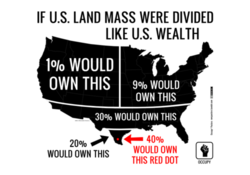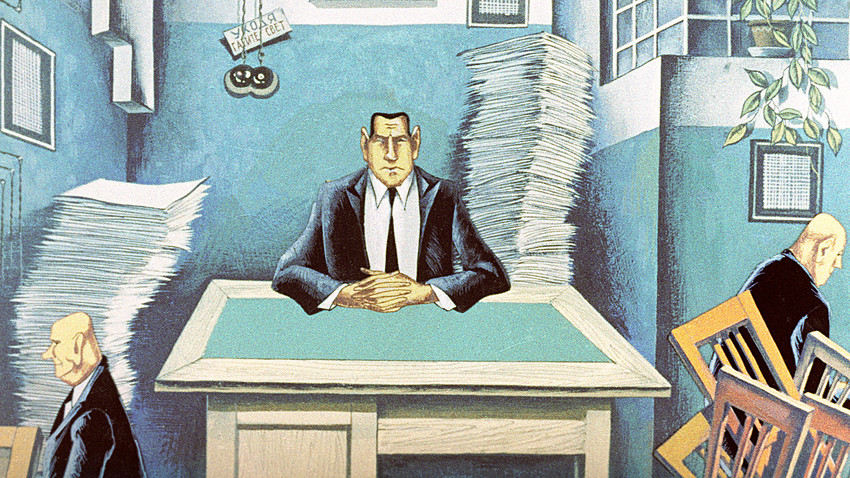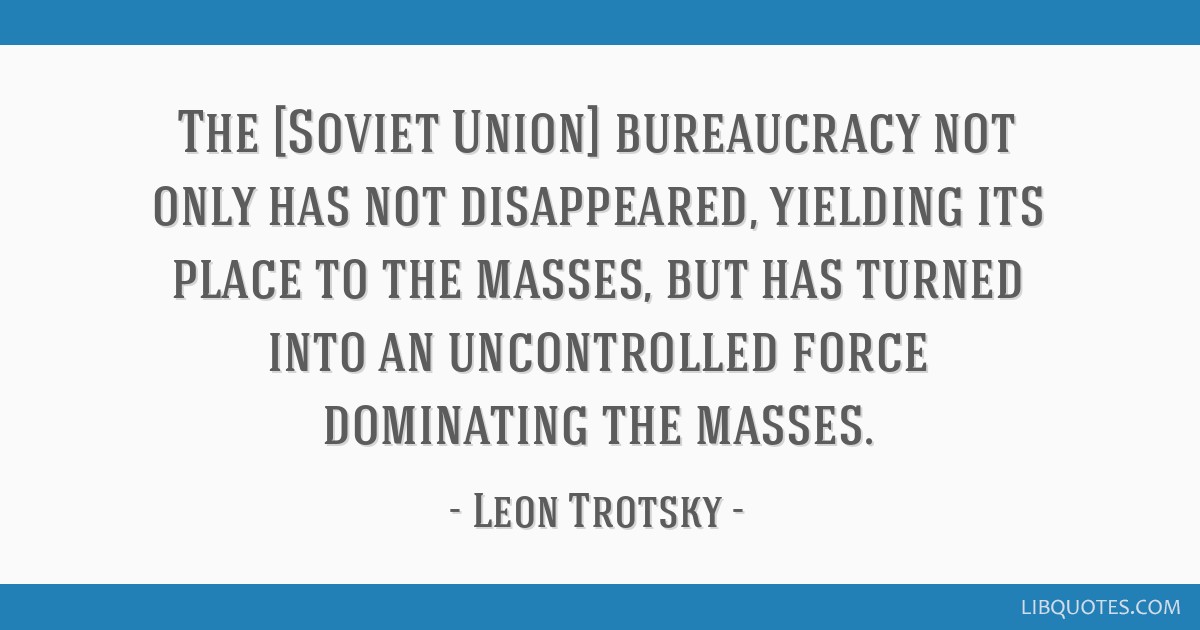The Drug Crisis Through a Demand and Supply Lens: What America Must Learn and Do
The fentanyl crisis, the broader opioid epidemic, and the ballooning overdose problem in America are not merely criminal justice issues. They are symptoms of a deep and systemic social failure. When approached through the demand and supply lens — the same lens used to understand any market — a more honest picture emerges. It is time America looks in the mirror and asks: Why is demand for numbing substances so high?
The Demand Side: Why So Many Are Numbing Themselves
When people turn to fentanyl, heroin, or prescription opioids, they are not just chasing a high — they are often running from pain, emptiness, or despair. Here are the key demand-side drivers fueling the crisis:
1. Gross Economic Inequality
When the top 1% owns more wealth than the bottom 90%, and tens of millions of Americans are one medical bill away from bankruptcy, the stress, hopelessness, and social disconnection that follow create fertile ground for drug use. Despair thrives when people see no pathway upward.
2. Homelessness
Without stable shelter, even the most basic human needs become a daily struggle. Many unhoused individuals turn to drugs to endure trauma, weather conditions, and constant fear. Substance use becomes both an escape and a coping mechanism.
3. Poverty and Job Insecurity
Living paycheck to paycheck — or not at all — frays mental health. People stuck in poverty often lack access to health care, education, and even hope. In such an environment, drugs provide an illusion of control.
4. Food Deserts and Health Neglect
Malnutrition doesn’t just stunt physical development — it also damages mental health. When whole communities have easier access to processed sugar and liquor than to fresh produce, we’re creating an environment where long-term well-being is structurally out of reach.
5. Mental Health Crisis
Undiagnosed, untreated, or stigmatized mental illness often underlies substance use. But America has chronically underfunded mental health programs and allowed care to be a privilege for the wealthy.
6. Social Isolation and Fractured Communities
The erosion of community institutions — from churches and unions to neighborhood centers — has left millions without support networks. Loneliness has become a public health issue.
The Supply Side: A Broken System Enabling Exploitation
Yes, drug cartels flood fentanyl into the U.S. market. Yes, pharmaceutical companies knowingly oversupplied addictive painkillers. And yes, pill mills and corrupt distribution networks facilitated mass dependency. But the reason supply thrives is because demand is insatiable.
What fuels supply:
-
Weak regulations and oversight
-
A fragmented health care system
-
Overreliance on for-profit pharmaceutical models
-
Corruption and lobbying that silence reform
Solutions: Healing the Demand Side
Solving the crisis requires bold, system-level interventions — not more jail cells. Here are the social programs and policy frameworks that can actually reduce the demand for drugs:
1. Progressive Taxation to Fund Safety Nets
America remained capitalist even when the top tax rate was 90% during the Eisenhower era. A 70% marginal tax on net worths exceeding $10 million isn't socialism — it's survival. Use the revenue to invest in:
-
Universal health care (including mental health and addiction treatment)
-
Free and quality education
-
Affordable housing and housing-first models for the homeless
-
Guaranteed nutrition through universal basic food access
2. Decriminalization and Treatment-First Policies
Countries like Portugal radically decriminalized drug possession in 2001 and invested in public health, not punishment. The result? Overdose deaths plummeted, HIV infections fell, and recovery rates improved. Treat addiction as a health issue, not a moral failing.
3. Community-Based Solutions
In Iceland, youth substance use dropped dramatically when the country invested in after-school programs, family support, sports, and community bonding. The key? Replacing disconnection with belonging.
4. Economic Dignity
Job creation programs, a federal jobs guarantee, and robust unemployment and disability benefits give people back a sense of purpose. Countries like Sweden and Germany show that strong social safety nets do not hinder economic productivity — they strengthen it.
5. Legal Access to Services
Just as health care should be universal, so should access to legal aid and protection. Poverty should not mean powerlessness. Many drug users are also victims of exploitation, abuse, or systemic neglect that goes unchallenged without legal support.
The Moral Imperative
If we truly care about "doing right by families," we must ensure that every child, regardless of zip code, grows up in an environment where trauma is addressed, opportunity is available, and healthcare is a right — not a luxury.
Drug overdoses are now the leading cause of death for Americans under 50. This is not a fringe issue. This is the collapse of a social contract.
Final Thoughts
We don’t need to reinvent the wheel — we need the political courage to copy what works, tax what hoards, and heal what hurts. The fentanyl crisis is not about bad people doing bad things. It’s about broken systems producing broken lives — and then punishing them.
There is no quick fix, but there is a clear path forward. It starts with investing in people, not prisons. In communities, not corporations. And in hope, not punishment.
If we want to reduce drug deaths, we have to reduce despair. It's time America wages a war not on drugs, but on hopelessness.
मांग और आपूर्ति के दृष्टिकोण से ड्रग संकट: अमेरिका को क्या सीखना और करना चाहिए
फेंटानिल संकट, व्यापक ओपिओइड महामारी, और बढ़ता ओवरडोज़ संकट केवल आपराधिक न्याय प्रणाली के मुद्दे नहीं हैं। ये अमेरिका की गहराई से विफल हो चुकी सामाजिक व्यवस्था के लक्षण हैं। जब हम इन्हें मांग और आपूर्ति के लेंस से देखते हैं — जैसे किसी भी बाजार को देखा जाता है — तो एक अधिक ईमानदार तस्वीर सामने आती है। अब समय आ गया है कि अमेरिका आईना देखे और खुद से पूछे: इतनी बड़ी संख्या में लोग दर्द से छुटकारा पाने के लिए नशीली दवाओं की ओर क्यों जा रहे हैं?
मांग पक्ष: लोग इतनी बड़ी संख्या में नशा क्यों कर रहे हैं?
जब लोग फेंटानिल, हेरोइन या ओपिओइड की ओर जाते हैं, तो वे अक्सर केवल "नशे" के लिए नहीं, बल्कि अपने दर्द, खालीपन या निराशा से भागने के लिए ऐसा करते हैं। मांग को बढ़ाने वाले मुख्य कारक ये हैं:
1. अत्यधिक आर्थिक असमानता
जब टॉप 1% के पास नीचे के 90% से अधिक संपत्ति हो और लाखों लोग एक मेडिकल बिल की दूरी पर दिवालिया हो सकते हों, तो तनाव, निराशा और सामाजिक अलगाव गहराते हैं। ऐसे माहौल में नशा एक आसान रास्ता लगता है।
2. बेघरपन (होमलेसनेस)
जब लोगों के पास सिर छुपाने की जगह नहीं होती, तो रोजमर्रा की जिंदगी ही संघर्ष बन जाती है। बेघर लोग अक्सर दर्द और डर से निपटने के लिए नशीली दवाओं का सहारा लेते हैं।
3. गरीबी और नौकरी की अनिश्चितता
पेचेक-टू-पेचेक जिंदगी या बेरोजगारी मानसिक स्वास्थ्य को नष्ट करती है। गरीबों के पास स्वास्थ्य सेवा, शिक्षा और अवसरों की भारी कमी होती है। नशा तब एकमात्र बचाव बन जाता है।
4. भोजन की कमी और पोषणहीनता
जब पूरी बस्ती में जंक फूड और शराब तो मिलती है, लेकिन ताजे फल-सब्जियाँ नहीं, तो स्वास्थ्य और मनोबल दोनों गिरते हैं। ये हालात भी नशे को जन्म देते हैं।
5. मानसिक स्वास्थ्य संकट
अनदेखी, अनउपचारित या कलंकित मानसिक बीमारियाँ अक्सर नशे के पीछे होती हैं। लेकिन अमेरिका ने मानसिक स्वास्थ्य सेवाओं में लगातार कटौती की है और इन्हें केवल अमीरों की सुविधा बना दिया है।
6. सामाजिक अलगाव और टूटते समुदाय
कलीसियाओं, यूनियनों और सामुदायिक केंद्रों जैसी संस्थाओं के कमजोर होने से लोग अकेले पड़ गए हैं। अकेलापन अब एक सार्वजनिक स्वास्थ्य संकट बन गया है।
आपूर्ति पक्ष: एक टूटी हुई प्रणाली जो शोषण को बढ़ावा देती है
हाँ, ड्रग कार्टेल फेंटानिल जैसे पदार्थ अमेरिका में ला रहे हैं। हाँ, फार्मा कंपनियों ने जानबूझकर ओपिओइड्स का अत्यधिक वितरण किया। लेकिन आपूर्ति तभी बढ़ती है जब मांग अत्यधिक हो।
आपूर्ति को बढ़ावा देने वाले कारक:
-
कमजोर नियमन और नियंत्रण
-
बिखरी हुई स्वास्थ्य प्रणाली
-
मुनाफा-प्रेरित दवा मॉडल
-
भ्रष्टाचार और लॉबिंग
समाधान: मांग पक्ष को ठीक करना
इस संकट का समाधान जेल नहीं, बल्कि नीतिगत बदलाव है। नीचे वे कदम हैं जो मांग को घटा सकते हैं:
1. प्रगतिशील कर प्रणाली से मजबूत सामाजिक ढांचा
अमेरिका तब भी पूंजीवादी था जब शीर्ष आय कर दर 90% थी। 10 मिलियन डॉलर से ऊपर की संपत्ति पर 70% कर लगाना समाजवाद नहीं है — यह सामाजिक स्थिरता की बुनियाद है।
इन करों से प्राप्त धन का उपयोग करें:
-
सार्वभौमिक स्वास्थ्य देखभाल (मानसिक स्वास्थ्य और नशा उपचार सहित)
-
मुफ्त और गुणवत्तापूर्ण शिक्षा
-
सस्ती और सुरक्षित आवास योजनाएँ
-
पोषण सुरक्षा और खाद्य अधिकार
2. डिक्रिमिनलाइजेशन और स्वास्थ्य-आधारित नीतियाँ
पुर्तगाल ने 2001 में ड्रग उपयोग को अपराध की बजाय सार्वजनिक स्वास्थ्य समस्या के रूप में माना और नतीजतन:
-
ओवरडोज़ मौतों में भारी गिरावट
-
HIV संक्रमणों में कमी
-
बेहतर रिकवरी दरें
3. सामुदायिक समाधान
आइसलैंड में युवाओं में नशा घटाने के लिए खेल, कला, और पारिवारिक कार्यक्रमों पर निवेश किया गया। नतीजा? उल्लेखनीय सफलता।
4. आर्थिक गरिमा और नौकरी
फेडरल रोजगार गारंटी, अच्छी बेरोजगारी योजनाएँ और उद्यमशीलता समर्थन कार्यक्रम लोगों को उद्देश्य और आत्म-सम्मान देते हैं। स्वीडन और जर्मनी जैसी जगहें यह दिखाती हैं कि मजबूत सामाजिक सुरक्षा उत्पादकता बढ़ा सकती है।
5. कानूनी सेवाओं तक सार्वभौमिक पहुँच
स्वास्थ्य सेवाओं की तरह, कानूनी सहायता भी सभी के लिए उपलब्ध होनी चाहिए। गरीब अक्सर अन्याय के शिकार होते हैं, लेकिन उनके पास कानूनी संरक्षण नहीं होता।
नैतिक ज़िम्मेदारी
अगर हम वास्तव में परिवारों के लिए कुछ करना चाहते हैं, तो हमें यह सुनिश्चित करना होगा कि हर बच्चा, चाहे वह किसी भी क्षेत्र में पैदा हो, शिक्षा, स्वास्थ्य और सुरक्षा के साथ बड़ा हो।
ड्रग ओवरडोज़ अब अमेरिका में 50 वर्ष से कम उम्र के लोगों की मृत्यु का सबसे बड़ा कारण बन चुका है। यह कोई मामूली संकट नहीं — यह सामाजिक अनुबंध की विफलता है।
निष्कर्ष: अमेरिका को किस पर युद्ध छेड़ना चाहिए?
हमें नया आविष्कार नहीं करना — बस यह देखना है कि क्या काम करता है और उसे ईमानदारी से अपनाना है।
ड्रग संकट बुरे लोगों का नहीं, बल्कि एक टूटी हुई व्यवस्था का नतीजा है जो टूटे हुए जीवन को पैदा करती है — और फिर उन्हें सजा देती है।
संकट का समाधान जेल नहीं, बल्कि न्याय है। उपचार नहीं, बल्कि पुनर्स्थापन। नफरत नहीं, बल्कि करुणा।
अगर हम ड्रग की मौतें कम करना चाहते हैं, तो हमें निराशा को कम करना होगा।
अब समय है कि अमेरिका ड्रग्स पर नहीं, बल्कि निराशा पर युद्ध छेड़े।
The Drug Crisis Through a Demand and Supply Lens: What America Must Learn and Do https://t.co/D2oZ5OYxrZ
— Paramendra Kumar Bhagat (@paramendra) July 7, 2025
3/
— Paramendra Kumar Bhagat (@paramendra) July 7, 2025
🧠 Demand-side causes of the drug crisis:
Economic inequality
Homelessness
Food deserts
Poverty & job insecurity
Mental health crisis
Social isolation
Lack of purpose
Trump’s Default: The Mist Of Empire (novel) https://t.co/33eFTUwu2V
— Paramendra Kumar Bhagat (@paramendra) July 7, 2025
7/
— Paramendra Kumar Bhagat (@paramendra) July 7, 2025
Want to fix the demand?
Try this:
Universal healthcare (incl. mental health)
High-quality education for all
Guaranteed housing
Job training + economic dignity
Rebuilding community
11/
— Paramendra Kumar Bhagat (@paramendra) July 7, 2025
Every overdose is a policy failure.
It’s not about weak people.
It’s about weak systems that leave millions behind.
13/
— Paramendra Kumar Bhagat (@paramendra) July 7, 2025
Want fewer drugs in America?
Then build a country no one wants to escape from.
🧵/End.#FentanylCrisis #OpioidEpidemic #MentalHealth #Inequality #PolicyMatters


:max_bytes(150000):strip_icc()/income-inequality-in-america-3306190-v1-264d01b4ec0c48f8a9af86839990e813.png)






.jpg)

























